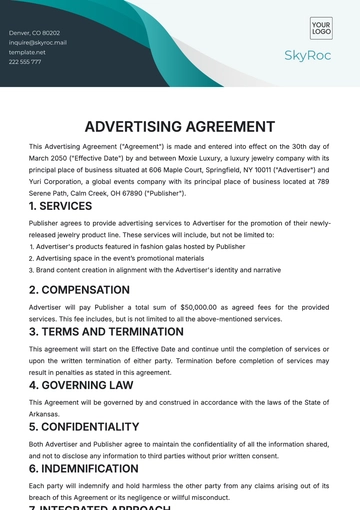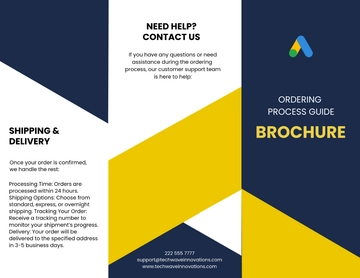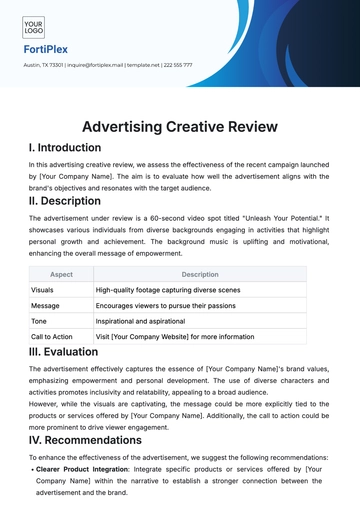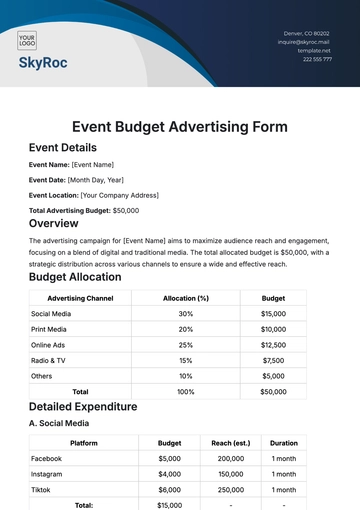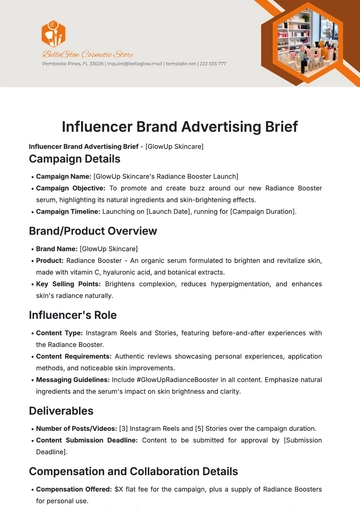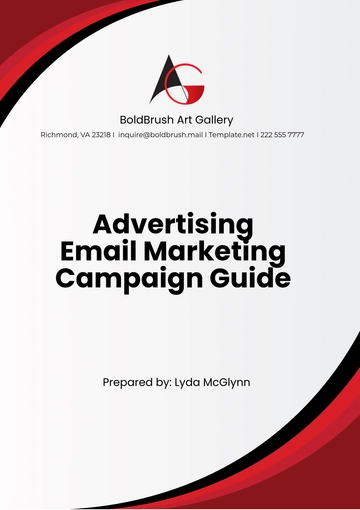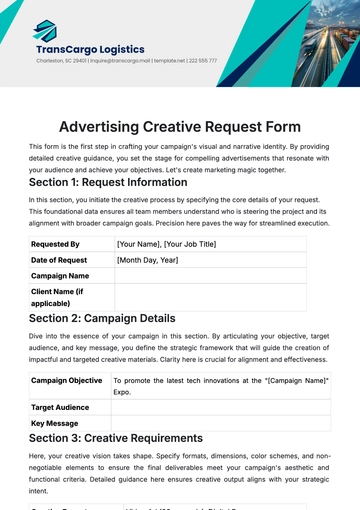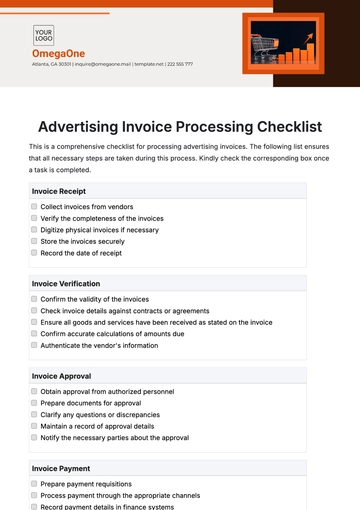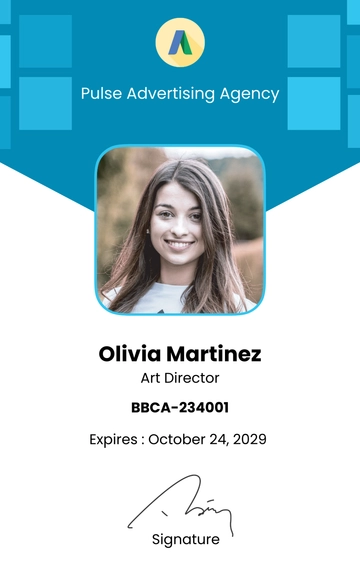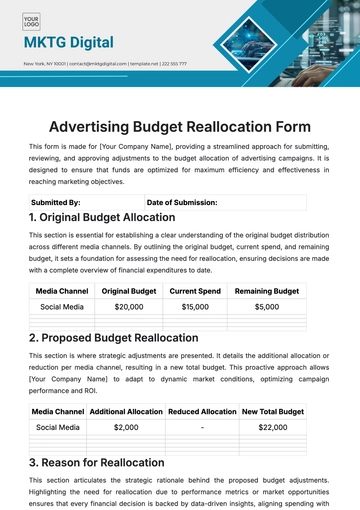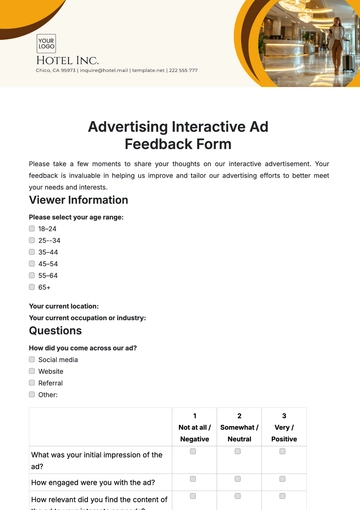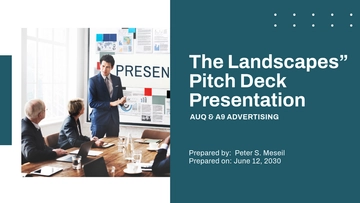Free Advertisement Article
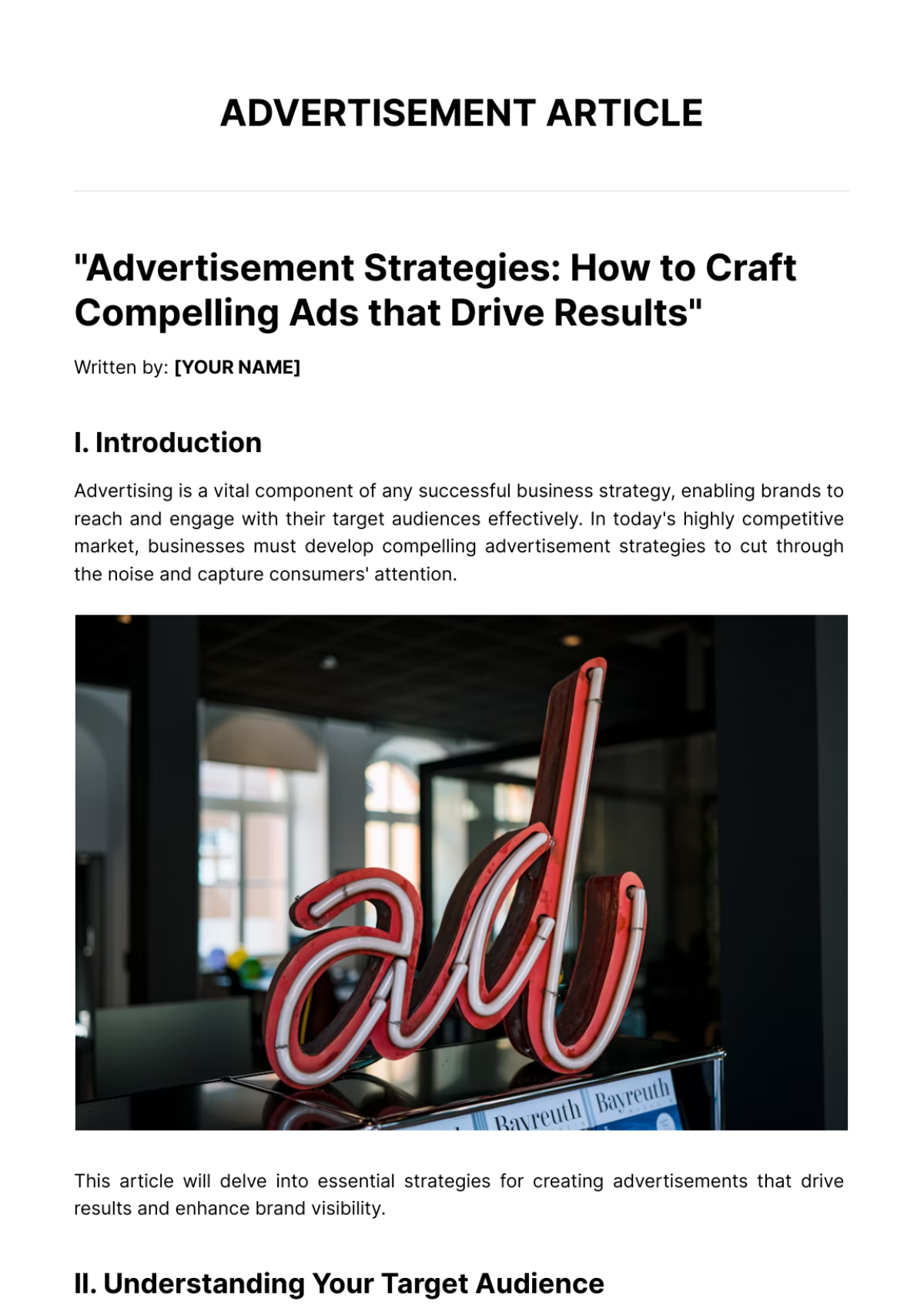
"Advertisement Strategies: How to Craft Compelling Ads that Drive Results"
Written by: [YOUR NAME]
I. Introduction
Advertising is a vital component of any successful business strategy, enabling brands to reach and engage with their target audiences effectively. In today's highly competitive market, businesses must develop compelling advertisement strategies to cut through the noise and capture consumers' attention.
This article will delve into essential strategies for creating advertisements that drive results and enhance brand visibility.
II. Understanding Your Target Audience
Before crafting any advertisement, it's imperative to gain a profound understanding of your target audience. Conduct thorough market research to identify their demographics, preferences, and pain points.

Utilize data analytics tools to gather insights into consumer behavior, enabling you to tailor your advertisement strategy for maximum impact.
We are exposed to anywhere between 4,000 to 10,000 ads per day.
III. Crafting Compelling Ad Copy
a. Headline
Craft attention-grabbing headlines that succinctly communicate the value proposition of your product or service.
b. Body Copy
Develop a concise yet persuasive body copy that highlights the unique benefits and features of your offering.
c. Call to Action (CTA)
Include a clear and compelling call to action that prompts immediate engagement from your audience.
Consumers spend 49% more time with an online ad when it is interactive.
IV. Visual Elements and Design
a. Images and Graphics
Select high-quality images and graphics that resonate with your target audience and reinforce your brand message.
b. Color Scheme and Branding
Maintain consistency with your brand's color scheme and visual identity to enhance brand recognition.
c. Layout and Formatting
Ensure your advertisement is visually appealing and easy to digest, with attention to typography and spacing.
A consumer who sees the same ad between six and ten times is 4.5% less likely to purchase the product in that ad than a consumer who sees it between two and five times.
V. Choosing the Right Advertising Channels
a. Online Advertising
Explore various online advertising channels, including social media platforms, search engines, and display networks.
b. Traditional Advertising
Consider traditional channels such as print media, television, radio, and outdoor signage, depending on your target demographic.
c. Integrated Campaigns
Implement integrated marketing campaigns that leverage multiple channels to maximize reach and engagement.
“Great content is the best sales tool in the world” —Marcus Sheridan
VI. Measuring and Optimizing Performance
a. Key Performance Indicators (KPIs)
Define measurable KPIs to track the performance of your advertisements, such as click-through rates and conversion rates.
Table 1: Key Performance Indicators (KPIs)
KPI | Definition | Measurement |
|---|---|---|
Click-through Rate | Percentage of users who click on an advertisement link | Total clicks on ad / Total ad impressions |
Conversion Rate | Percentage of users who take the desired action | Total conversions / Total ad clicks |
Return on Investment | Measure of profitability | (Revenue - Cost of Advertising) / Cost of Advertising |
b. A/B Testing
Experiment with different ad variations to identify the most effective elements and optimize performance.
c. Continuous Improvement
Continuously refine your advertisement strategy based on performance data and customer feedback to achieve optimal results.
VII. Budgeting and Resource Allocation
a. Allocating Advertising Budget
Determine your advertising budget based on your business objectives and the cost-effectiveness of different advertising channels.
Table 2: Allocation of Advertising Budget
Channel | Budget Allocation (%) |
|---|---|
Online Advertising | 40% |
Traditional Advertising | 30% |
Integrated Campaigns | 30% |
Caption: Allocation of Advertising Budget
b. Resource Allocation
Allocate resources effectively to ensure the optimal execution of your advertisement strategy, including personnel, technology, and creative assets.
VIII. Legal and Ethical Considerations
a. Compliance
Ensure your advertisements comply with relevant laws and regulations, including advertising standards and consumer protection laws.
b. Transparency
Maintain transparency with your audience regarding sponsored content and any potential conflicts of interest.
c. Ethical Practices
Uphold ethical standards in advertising by avoiding deceptive or misleading practices and prioritizing honesty and integrity.

IX. Case Studies and Success Stories
Explore real-world examples of successful advertisement campaigns, highlighting key strategies and tactics that contributed to their effectiveness.
“Every time a message seems to grab us, and we think, ‘I just might try it,’ we are at the nexus of choice and persuasion that is advertising.” —Andrew Hacker
X. Conclusion
Crafting compelling advertisements requires a strategic approach that encompasses audience understanding, persuasive messaging, captivating visuals, strategic distribution, and performance optimization. By implementing these key strategies and continuously refining your approach, you can create advertisements that resonate with your target audience and drive meaningful results for your business.
About the Author

[YOUR NAME] is a seasoned marketing professional with over [NUMBER OF YEARS] years of experience in crafting effective advertisement strategies for a diverse range of clients. They specialize in audience-centric marketing approaches and have a proven track record of driving tangible results through innovative and impactful advertising campaigns. With a deep understanding of consumer behavior and market trends, [YOUR NAME] is dedicated to helping businesses elevate their brand visibility and achieve their marketing objectives through strategic advertising initiatives.
- 100% Customizable, free editor
- Access 1 Million+ Templates, photo’s & graphics
- Download or share as a template
- Click and replace photos, graphics, text, backgrounds
- Resize, crop, AI write & more
- Access advanced editor
Elevate your marketing game with Template.net's Advertisement Article Template. Crafted to streamline your content creation process, this fully customizable and editable template empowers you to create captivating ad articles effortlessly. Utilize our AI Editor Tool to optimize your content with ease. With Template.net, crafting engaging advertisements has never been simpler.


